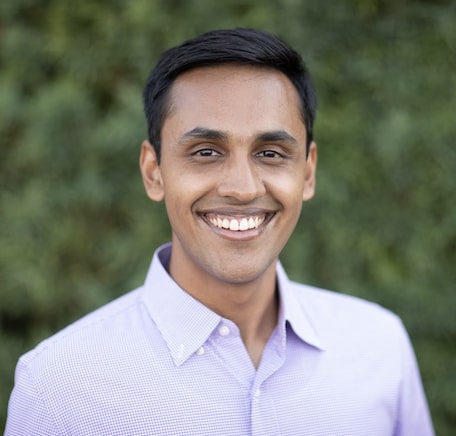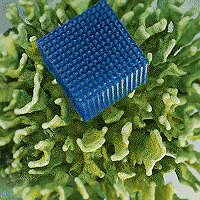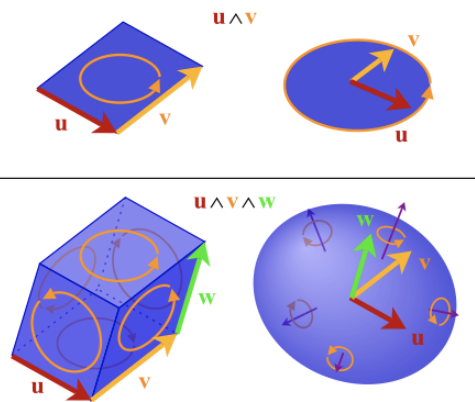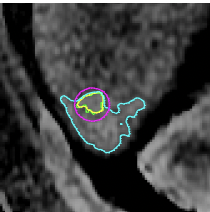
Hi there! 👋 I am a PhD student in Computer Science at Columbia University, where I work in machine learning. I am broadly interested in developing AI systems that are capable of design and invention. My research interests include experimental design, learned physical simulation, and AI4Science. I'm fortunate to be advised by Carl Vondrick and Richard Zemel. My research has received support from an NSF Fellowship.
Previously, I completed my BSE in Computer Science at Princeton University, with a minor in Applied Mathematics. I had the pleasure of working with Olga Russakovsky in the Princeton Visual AI Lab and Ryan P. Adams. I also spent a summer at Google. Here is my CV.
I am trained in Carnatic (South Indian Classical) vocal music. Music page coming soon!



Research

SurfsUp: Learning Fluid Simulation for Novel Surfaces
Arjun Mani*, Ishaan Preetam Chandratreya*, Elliot Creager, Carl Vondrick, Richard Zemel
ICCV 2023.
We propose a learned model for fluid-surface simulation that models solid surfaces with implicit 3D representations, allowing us to generalize considerably to fluid simulation with novel objects and scenes. We demonstrate accurate, faster, and more scalable simulation, and the ability to solve inverse design problems.

Point and Ask: Incorporating Pointing into Visual Question Answering
Arjun Mani, Will Hinthorn, Nobline Yoo, Olga Russakovsky
VQA Workshop, CVPR 2021 (Poster Spotlight).
We extend Visual Question Answering (VQA) to questions involving pointing gestures and introduce benchmark datasets and model designs for this new question space.

Representing Words in a Geometric Algebra
Arjun Mani, Ryan P. Adams
Best Overall Project, Princeton Program in Applied Mathematics (PACM)
We represent word embeddings using multivectors in a geometric algebra and show results suggesting greater expressivity in word similarity, analogy solving.

IEEE Transactions on Medical Imaging, vol. 36, no. 3, March 2017
Assaf Hoogi, Arjun Subramaniam*, Rishi Veerapaneni*, Daniel Rubin
Pioneered a deep learning-aided image segmentation approach which improved over state-of-the-art techniques, and achieved ~10% accuracy gains on MRI and CT lesion datasets.
This website template owes thanks to Sharon Zhang.